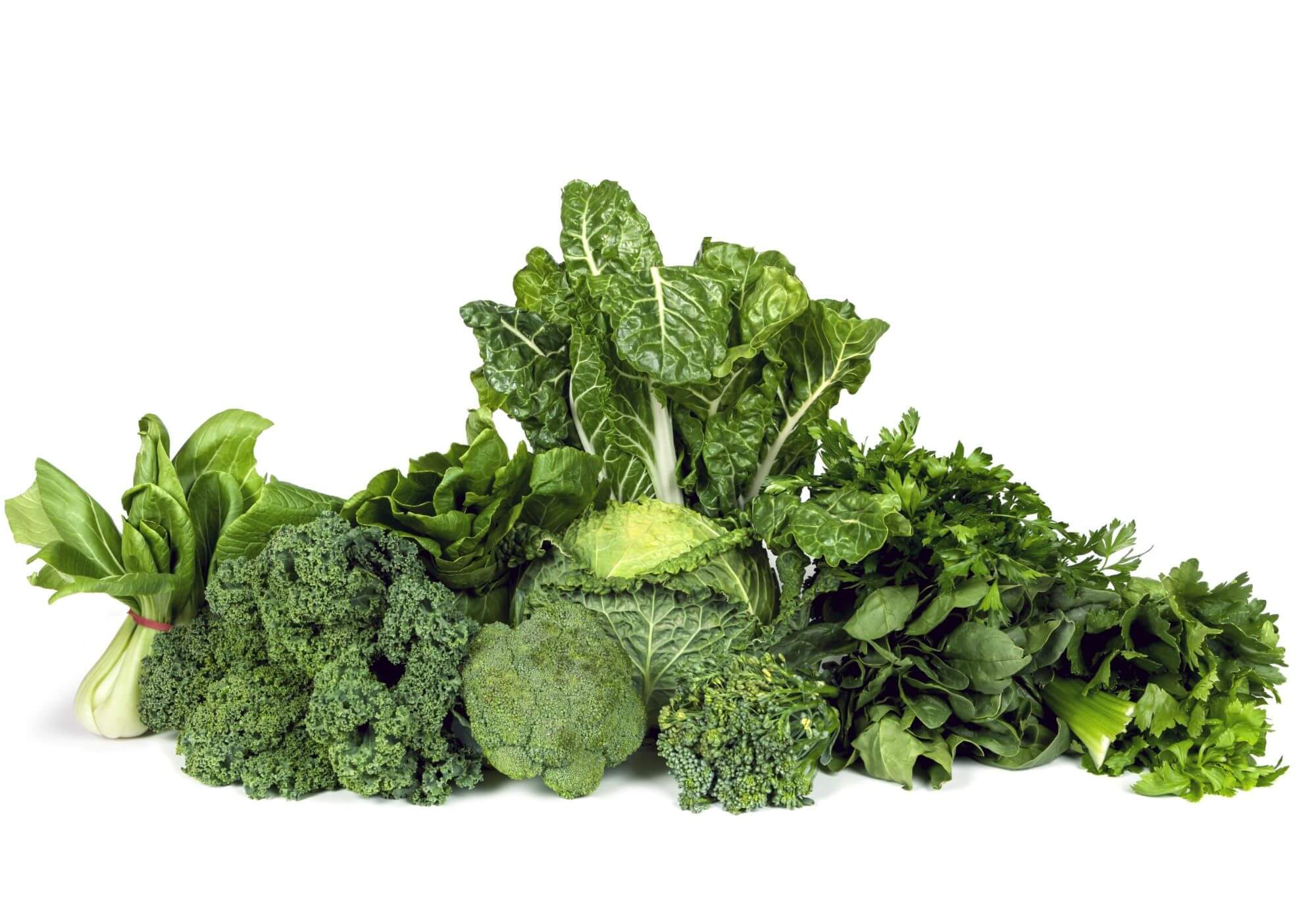Eco-Friendly Nutrition Tips – Reduce Your Carbon Footprint
Written By -
on September 9, 2024

Eco-Friendly Nutrition Tips – How To Reduce Your Carbon Footprint?
In the last few years, we have seen a lot of people worrying about their carbon footprint mainly because of the climate change which is happening around the globe.One thing which we can do about climate change is by reducing the amount of greenhouse gas emission caused by you and just opt for some electric vehicles.When it comes to reducing your carbon footprint, then you should know that it is not measured only on the basis of greenhouse gas, but it also depends on your lifestyle like clothes and foods.There are different types of strategies of reducing your carbon footprint, then you can start things off with the foods you eat.There are some researches which conclude that the western diet has shown to reduce the overall emission of greenhouse gases by 70%. Nonetheless, here are some diet and lifestyle changes which you can go with to reduce your carbon footprint:
Never Waste Food
Wasting food is something which you should not do irrespective of how much you care about your carbon footprint. The main reason why you should avoid wasting any food is because everything goes into the landfills which further emits methane which is an effective greenhouse gas. When we talk about the impact methane has, then in the period of 100 years it is proven to have 34% more impact on global warming. As per the stats every person in this world tends to waste approximately 430 to 860 pounds of food each year. Reducing food waste is really important and is pretty easy to do as well and is also beneficial in reducing carbon footprint. If there are any leftovers, then just plan the coming meal accordingly. Apart from this you should just buy items which you actually use.
Get The Plastic Out
Reducing the amount of plastic you use is another important factor to remember when you are thinking about your carbon footprint. There are different objects made from plastic like wrapping plastic, bags, storage units, and many more. These are mostly used in the food industry for packaging and storing purposes. However, one time-use plastic is still said to have higher contribution towards greenhouse emissions.
Here are some ways different ways you can reduce plastic:
- Avoid using plastic bags and wraps whenever you are buying new items.
- Get some sustainable tote bags which you can use multiple times for different purposes.
- Choose reusable water bottles and avoid buying new bottles every time.
- Use glass containers instead of plastic ones for storing food items.
- Try to reduce the amount of take-out food you buy because in most cases plastic is used.
Reduce Your Meat Intake
There are different research which concludes that eating less meat will be beneficial if you are looking to reduce your carbon footprint. There was a study done in America which consisted of approx. 17000 participants concluded that people who had diets which included extremely high level of meat like pronk, beef, veal, etc. had a higher contribution towards the increase of greenhouse gases. If we compare this to diets which are low in meat, then the amount of greenhouse gases emitted are reduced immensely. There are different types of studies which do support this difference. This mainly happens because the emissions caused during the production of these meats are incredibly high as compared to non-animal derived food products. If you are someone who likes to eat meat, then you can try limiting things to eating one meat dish per day. You do have the option to try out vegan dishes as well.
Plant-Based Protein
Including more and more protein derived from plants as it will help in reducing your carbon footprint. There was a study which concludes that people who eat protein derived from plants have significantly reduced their carbon footprint as compared to people who consume a lot of animal products. However, there is no need to reduce your animal protein completely. As per a study done on 55000 people who had a diet which included medium quantity of meat consumption per day had lower carbon foot printing as compared to people who consume more than 3.5ounces of daily meat consumption. A medium meat consumption per day includes 1.8 to 3.5 ounces of meat. For example if you eat 3 ounces of meat every day, then you should try going with some food items which are derived from plants and are high in protein like seeds, beans, tofu, etc.
Avoid Eating Excess Calories
When you eat more than the more than you actually need, then it will increase the chances of gaining weight along with some unwanted health problems. Apart from this, eating high calories on daily basis is linked with an increase in greenhouse gas. There was a study done on Dutch people which concluded that people who consume higher calories than they actually need, then it tends to increase the emission of greenhouse gases through different types of foods and drinks. In the same way, there was a study done on adult Americans concluded that when you eat more calories than you actually eat, then it will increase the emission of greenhouse gases as compared to people who eat the required amount of calories. However, this point implies to people who are overeating and does not imply on people who are looking to put on weight for health reasons. The amount of calories your body needs depends on different factors like height, age, physical activity, gender, etc. If you are not sure about the calories you want to eat, then going there are different websites which can help you here.
Increase Your Fibre Intake
Increase the amount of fibre you eat because it will not only help in enhancing your health but also reduces your carbon footprint. There was a study done on American adults which concluded that diets has lower green house gas emission were the ones which are were high in fibre. Food items which are high in fibre will help in keeping you full for a longer period of time which will reduce the amount of carbon load you have. Similarly when you add fibre in your diet it will help increasing your health, gut bacteria, and reduces the chances of heart disease, cancer, and diabetes as well.
Grow Your Own Food
Growing your own foods is pretty amazing and interesting thing to do. If you are blessed to have a garden or even a backyard, then you should make the most from them by growing some food. This activity will not only help in reducing your carbon foot print but is also beneficial in reducing stress, enhancing your mood, increases your food quality, etc. Irrespective of the size of your plot, it will help in reducing your carbon footprint. When you grow your own fruits and vegetables, then it will not only help in reducing the amount of plastic you use but also reducing the need to transport it from different parts of the word. You can try organic farming, recycle water by rainwater harvesting, opt for composting, etc.
Reduce Your Dairy Consumption
Reducing the consumption of milk, cheese, and other dairy products is another way to reduce your carbon footprint. As per a study done on Dutch adults concluded that consuming dairy products is said to be increasing your greenhouse gas emission. There are some other studies which conclude that consuming dairy products is actually one of the biggest contributor towards climate change. Dairy related cattle and their manure tends to increase the emission of greenhouse gases like nitric oxide, methane, ammonia, etc. If we talk about cheese, then it is tending to take a lot of milk to make which makes it a greater contributor towards the emission of greenhouse gases and is more than some animal products like eggs and chicken.Therefore, you should start reducing the amount of cheese you eat and just replace it with some vegan cheese.
Adopting sustainable eating habits is a powerful way to reduce your carbon footprint and contribute to a healthier planet. By making mindful food choices, such as prioritizing plant-based options, reducing food waste, and supporting local and organic produce, you can significantly lessen your environmental impact. Every meal is an opportunity to make a positive difference, and through conscious nutrition, you can play a crucial role in fostering a more sustainable future for generations to come.
More Blogs













